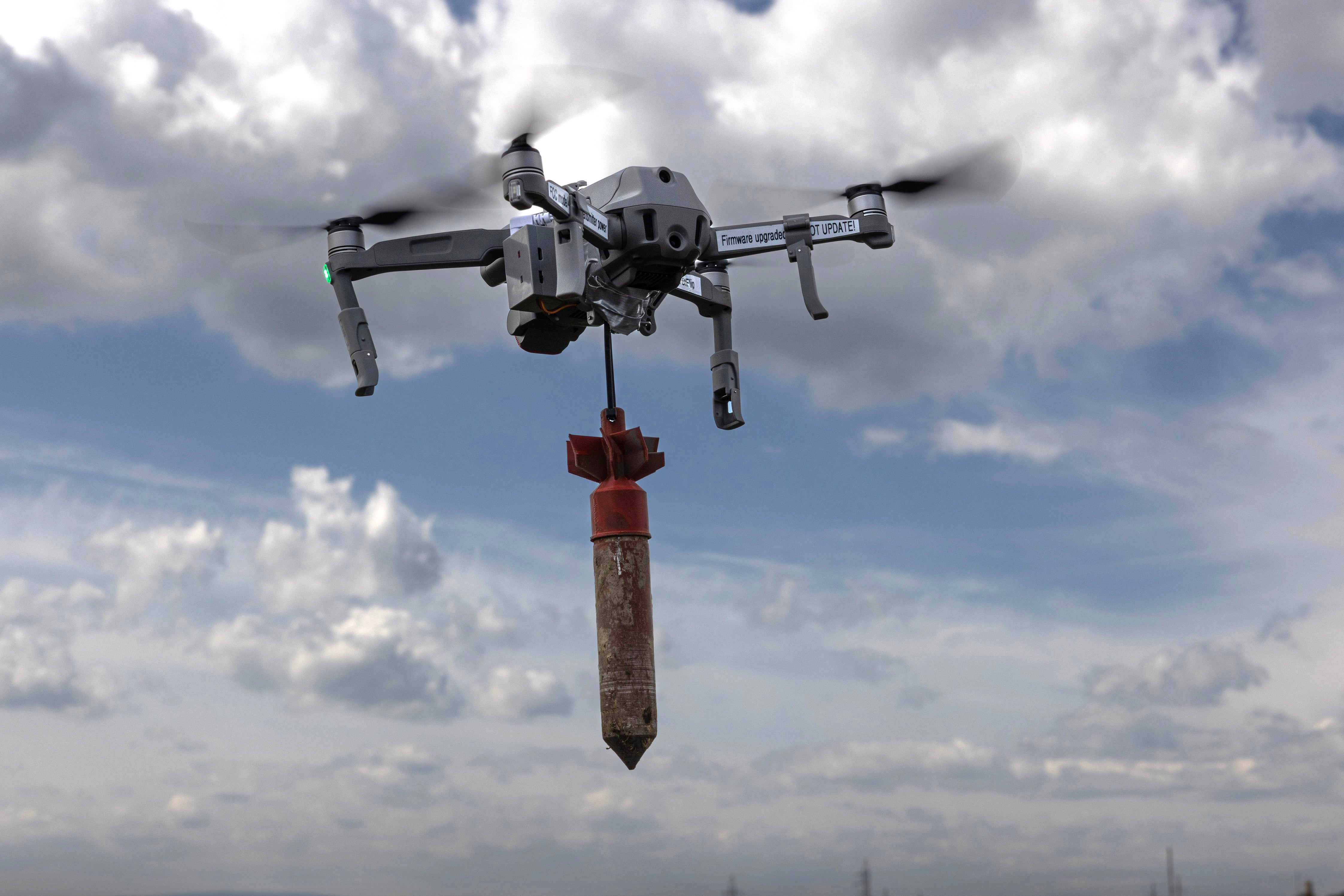SOURCE: AFI


The drone era is still young, and the initial shock of a cheap quadcopter taking down a multi-million dollar tank continues to resonate. However, the future of drone combat promises to be far more intricate. Here’s a glimpse into what the next decade might hold:
As electronic warfare evolves, sophisticated jamming and spoofing techniques will become more prevalent. This could potentially shift the balance of power. High-powered microwave weapons could emerge as effective tools for disabling even rudimentary drones, making their cost-effectiveness questionable. In response, military drone manufacturers will likely be forced to abandon commercially available components and develop sturdier drones with hardened electronics, leading to an increase in drone production costs.
The next decade will likely witness a surge in the use of artificial intelligence (AI) in drone technology. Autonomous drones, capable of operating in swarms, will become a reality. These drones will be able to take evasive maneuvers, identify threats, and even select targets independently. This evolution will not only reduce reliance on complex communication channels but also free up human operators to manage a larger number of autonomous drones simultaneously.
When it comes to drone warfare strategies, India needs to consider its distinct geopolitical context. Analyzing the tactics employed by non-state actors like the Houthis or Hezbollah can offer valuable insights into how similar groups might operate within India. Additionally, India cannot ignore the fact that China possesses a significantly more advanced drone arsenal compared to both Russia and Ukraine.
The ongoing war in Ukraine offers valuable lessons about drone warfare; however, its applicability has limitations. It provides minimal insights into drone usage in high-altitude regions like the Himalayas or the vast expanse of the Indian Ocean. This underscores the importance of recognizing that while war provides invaluable experience, it should not be the sole source of strategic planning.